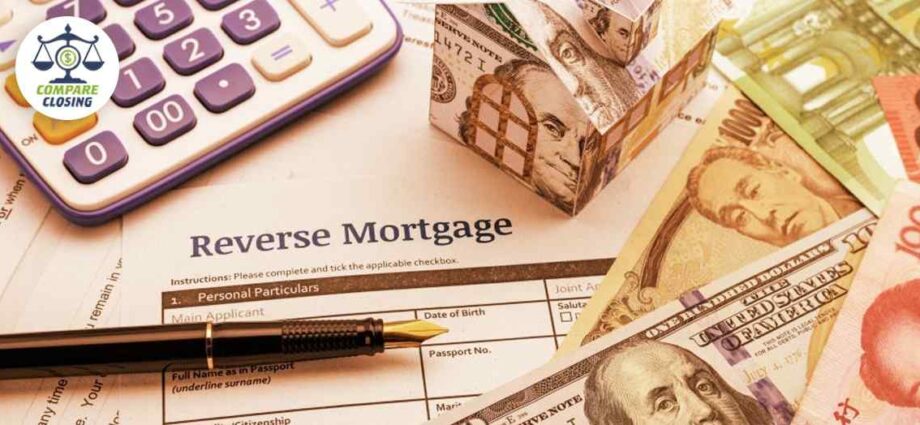Warning: Undefined variable $custom_content in /home4/comcompare/public_html/mortgagenews/wp-content/plugins/code-snippets/php/snippet-ops.php(582) : eval()'d code on line 10
Latest posts by Amanda Byford (see all)

According to a financial advice column published on Wednesday in the Washington Post, for an elderly couple seeking additional cash flow in retirement, a reverse mortgage can come with some benefits, look at the cost and the impact on your personal finances before making any decision.
Columnists Ilyce Glink and Samuel J. Tamkin write that, if you purchased a home with a huge loan to pay for, then a reverse mortgage will not help because you’ll only get a fraction of whatever equity is available.
They add, that if the homeowner has paid cash, then more options are available to him, like a home equity line of credit (HELOC), a cash-out refinance, or a reverse mortgage.
They write the lender will allow you to finance a certain amount of the value of the home depending on your income and repayment abilities when you do a cash-out refinance.
If you don’t make much money then, a conventional lender would likely give you a small mortgage, and you’ll be obligated to repay it monthly.
Even if you qualify for a home equity line of credit, the amount would be small, and the interest rate would be higher than a cash-out refinance.
Depending on their situation a reverse mortgage benefit could be clearer.
Depending on a range of factors, a reverse mortgage lender may give you more than 50% of the equity the factors include the interest rates amount at the time and your age.
To take advantage of a reverse mortgage you need to be 62 years old or older.
If you are 62, you could still get a lot less cash from your reverse mortgage than someone who is older because age is a determining factor.
A traditional, monthly mortgage payment is not required in a reverse mortgage, however, you need to keep paying your taxes and insurance.
One thing to remember is that if the money is taken out from the equity in the home to pay for your current living expenses, the possibility of you ending up spending the equity you have inthe home now and not having that money for the future when you need it.
Also, every option would have some kind of associated cost, including downsizing into a smaller home, or selling and renting a new place to live.
You need to know that if you qualify, for a reverse mortgage then you won’t have any monthly payments, and neither do you have to pay anything except real estate taxes and maintenance until the home is sold.
Reference Source: Reverse Mortgage Daily
© All Right Reserved. 2022 | Compare Closing LLC | NMLS 1854416